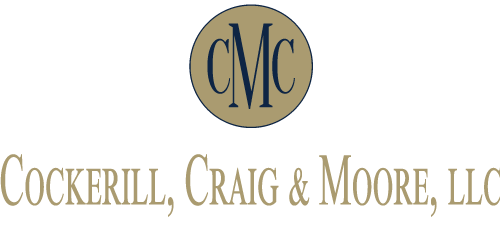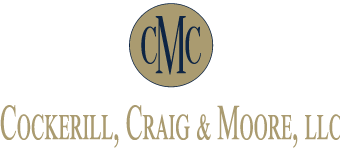Trucker substance abuse violations increasing
Many New Jersey motorists exercise extra care when driving close to commercial trucks. However, research shows that not all commercial truck drivers are exercising the same level of care. A Drug & Alcohol Clearinghouse that logs trucker alcohol or drug infractions took shape in early 2020. The clearinghouse reveals concerning information about the prevalence of substance abuse among professional truckers.
According to the Commercial Carrier Journal, drug and alcohol violations among commercial truck drivers are increasing. If the numbers continue to move in the same direction for the rest of 2021, the number of truckers who receive violations this year will surpass that seen in 2020.
How the clearinghouse works
Trucking company employers must comply with certain clearinghouse mandates as far as reporting driver substance abuse infractions and researching potential new drivers they might hire. When a driver receives an alcohol or drug violation and it appears in the clearinghouse, that driver must follow a certain “return-to-service” process before he or she becomes eligible to drive a truck again.
What the clearinghouse shows
So far, the Drug and Alcohol Clearinghouse has revealed that both alcohol and drug violations are common among semi-truck drivers. Since the clearinghouse took effect in early 2020, there have been 69,100 trucker drug violations and 1,552 alcohol violations. Some of the violations were for refusing to take drug or alcohol tests. Others were for failing these tests, among other infractions. Marijuana was also a frequent factor in trucker substance abuse violations. This may be due in part to the fact that marijuana laws differ broadly from state to state.
As of early April 2021, there were more than 64,000 truck drivers taking part in the return-to-duty process after receiving substance abuse violations.


